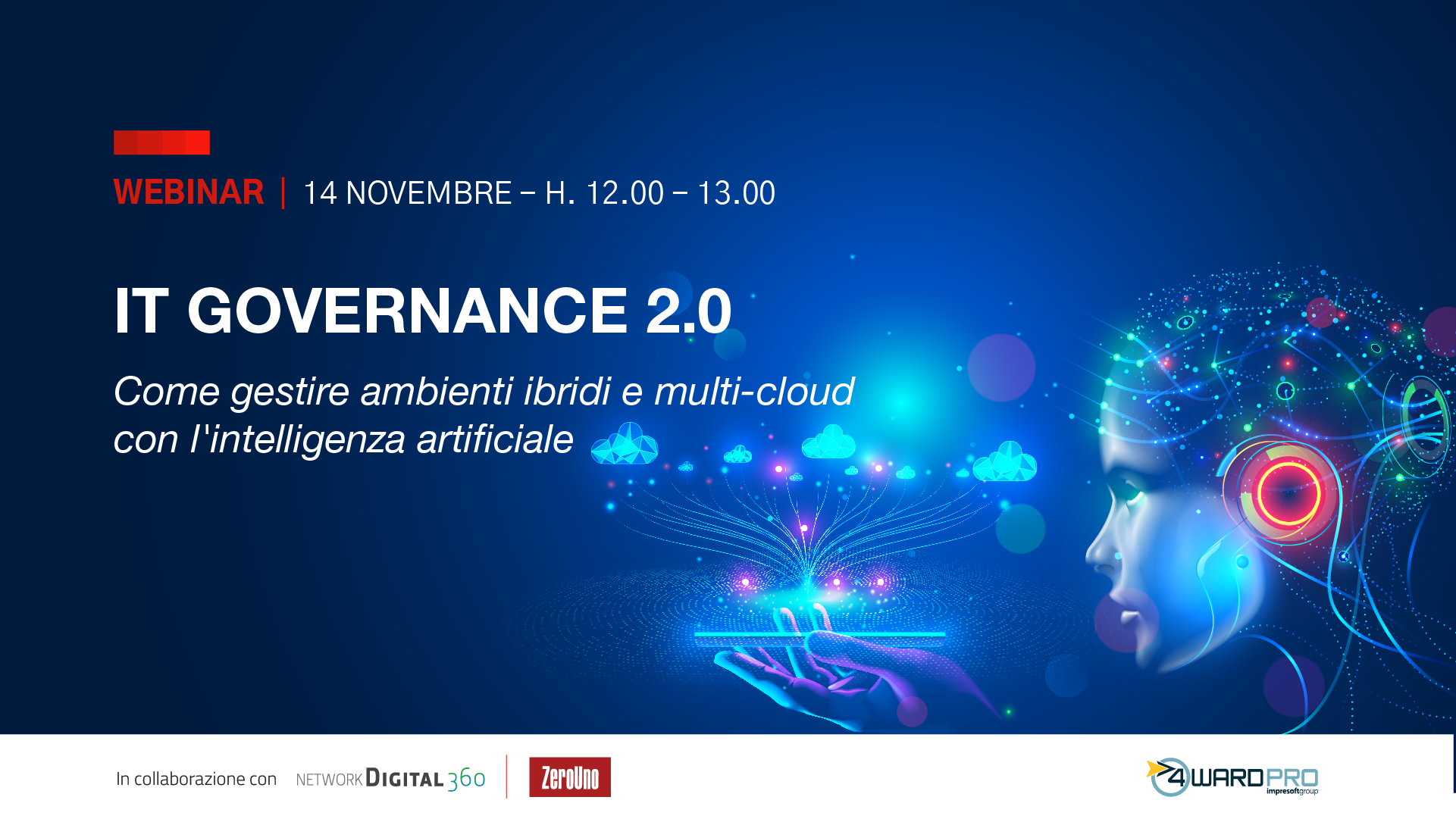Usually, talking about the relationship between insurance and artificial intelligence, the focus is on robo-advisors, threats to brokers and agents jobs, chatbots and Big Data.
Of course, the development of artificial intelligence will radically change organisations in any sector, including the insurance one: work processes will change, many tasks and functions will be automated, but it is also true that new roles will be created. In this phase of transition towards technologies based on AI (artificial intelligence), a first element of slowing down seems to be the lack of the proper digital skills in the company.
E-skills is a broad subject today and encompasses all industries. Even the issue of emergency and the ‘digital skills gap’ is being discussed, a topic addressed at the highest institutional levels, from the European Commission to the World Economic Forum.
A new Accenture research “The Future Workforce Insurance Survey” has addressed the issue and suggests how Companies should prepare to gather all the benefits that AI will bring, cost reductions and business growth, by adapting the workforce, which must be based on collaboration between technology and employees.
However, how are the Companies dealing with this digital transformation?
The survey carried out among the management and the employees of the Companies showed a misalignment between what the managers expect, growth and savings in terms of employment, compared to the expectations of the employees, who consider AI will create new opportunities for them and improve their work/life balance.
In addition, the executives surveyed consider that, on average, only one in four employees is ready to work with AI. While nearly 50% mention the growing skills shortage as the leading factor influencing the workforce’s strategy, only 4% envisage a significant increase in investments for retraining programmes over the next three years.
According to Accenture, this would be a mistake as insurers should not simply apply the immense potential of AI in a progressive and disjointed manner, but need a corporate strategy and enterprise-wide leadership dedicated to artificial intelligence. Also, a different kind of workforce is needed: capable of implementing artificial intelligence and working in partnership with smart solutions to develop new value sources.
Insurers investing in AI and man-machine cooperation at the same rate as more efficient companies could increase their turnover by an average of 17% and their use by 7% by 2022.
Accenture Research talked to over 1200 CEOs and top managers working with AI and interviewed more than 14000 employees of four generations representing all levels of expertise. The insurance sample included 100 CEOs and executives and nearly 1000 employees, all from large organizations.
The survey revealed that 75% of insurers plan to use AI to largely automate their tasks over the next three years. 68% consider it will result in a net gain of employment in their organization during that period. Employees also have a positive opinion: 68% of them are expecting smart technologies to create opportunities for their work.
According to the advisory firm, some steps may speed up the implementation of smart technologies in insurance industry and all of them pass through “human resources”:
– Reimagine work
– Pivot the workforce
– Scale up ‘new skilling’
AI can undoubtedly change work processes, so the entire company organization must be reviewed and redesigned on such a basis, transforming roles and workforce while focusing on requalification and training to spread the new skills to every level of the organization.
All rights reserved




